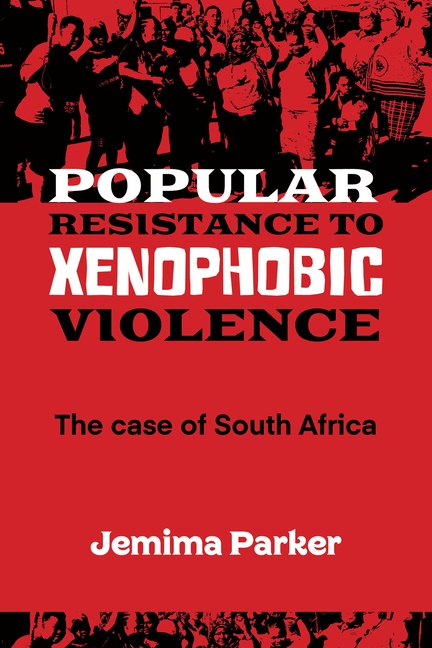It argues, that xenophobia itself is not primarily a reaction to poverty, inequality, or any other set of social conditions. Rather, xenophobia must be considered to be a collective political discourse which has arisen in post-apartheid South Africa from an exclusionary conception of state nationalism. Where this work may be distinguished from the majority of research on xenophobia in South Africa is in the fact that its particular focus is on instances where 'ordinary' South Africans have challenged and resisted xenophobic violence in their communities through collective political mobilisation. I suggest that these sites of resistance deserve careful consideration in their own right. I argue that they may demonstrate a subjective break with the oppressive politics of state nationalism through the affirmation of alternative political conceptions. Drawing on the political theory of Sylvain Lazarus, and his principal thesis that people are capable of thinking politics in ways which can subjectively think beyond the social and the extant (underscored by his political and methodological axiom, people think), the book will argue that these sites of resistance show that people - and especially those who are considered to be marginalised from the domain of legitimate politics - can and do think politically, and it is in the thought of people that new and potentially emancipatory visions of politics may emerge.


